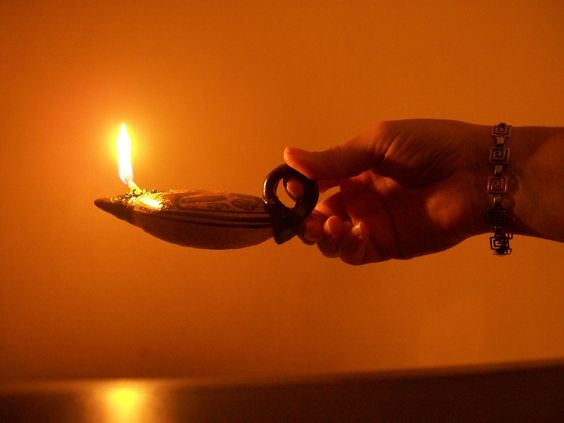Therefore, stay awake,
for you know neither the day nor the hour.
Matthew 25:13

Therefore, stay awake,
for you know neither the day nor the hour.
Matthew 25:13

O my Jesus, forgive us our sins, save us from the fires of hell and bring all souls to heaven, especially those who most need Thy mercy.
These words are uttered during the Rosary, recalling our need for God’s tender mercy. It reminds us too of the purpose of that mercy: to save us from eternal damnation (something about which we only speak in whispers in this day and age, but which had great effect in previous generations) and then to draw all humanity into his kingdom. But what is clearly stated here is that this is the work of God, not of human beings. The salvation that is offered to us is given generously and graciously for those ‘who most need Thy mercy.’
Once, on All Souls’ Day, we were encouraged (expected, cajoled, exhorted!!) to go in and out of the Church as often as possible to pray for souls in purgatory. The benefit of such a practice was that every prayer-offering made would release some poor soul from its purgatorial state and deliver them into heaven. Again, purgatory is now seldom discussed.
Regret is hard to live with. What would you change in your life that you could have changed? Were there things you have said which would have been better unsaid? Are there things you would do, places you would go to if you had your time over again? Were there rifts among your family and friends that could have been healed by kind words or by your intervention?
Now I’m not talking about buying that block of land on the Gold Coast back in 1985 (I wish I did), but I am talking about the difference I could have made in other people’s lives. There are cards I didn’t write, messages I didn’t send, condolences never passed on, phone calls to family and friends not made, apologies unspoken, gratitude unexpressed, visits never made, words of support not given.
There are also the things I did do that I should not have, or should have avoided, things I poked my nose into where it should not have been, said things that never needed to be uttered.
On the face of it, most of us have so many regrets, that we can’t number them on all our digits. What we do know is that most, if any, of these regrets can never be undone.
Matthew tells the story of the 10 young women waiting for the bridegroom. They all bring their lamps. But five of the young women don’t have sufficient oil for their lamps. During the long wait, they all fall asleep. When they hear that the bridegroom is on his way, they all awake, and those with insufficient oil leave to seek oil from a merchant. On their return they are locked out of the wedding feast.
Again, there are many layers to this story – about being prepared for the coming of the Lord and his messages (in the present), being prepared the second coming of the Lord when he will judge the living and the dead (in the future times), but the story is also an analogy about regret, and the five unlucky (and disorganised) young women learn a valuable, if terminal, message – be prepared or the consequences will be dire.
The lesson for us is that we must do the things we ought to do, say the things we should say, be the person we want to be, and live our lives without regret, and live every minute as if it’s our last.
What this day (All Souls’ Day) does and ought to remind us of is that the invitation to God’s loving kindness is always open. In his mercy, all those who have lived and died are drawn to him – no-one is excluded bar those who refuse it.
I did not go in and out of a church all day, but I will remember my brothers Brett, Richard and Shaun, my parents Angus and Hinetapora, my grandparents Peter and Elsie, Edward and Marguerite, my in-laws Jim and Marjory, lost and loved friends and pray to God they are in his keeping, that they will in their turn pray for me.
Mr Peter Douglas
Director of Faith and Mission